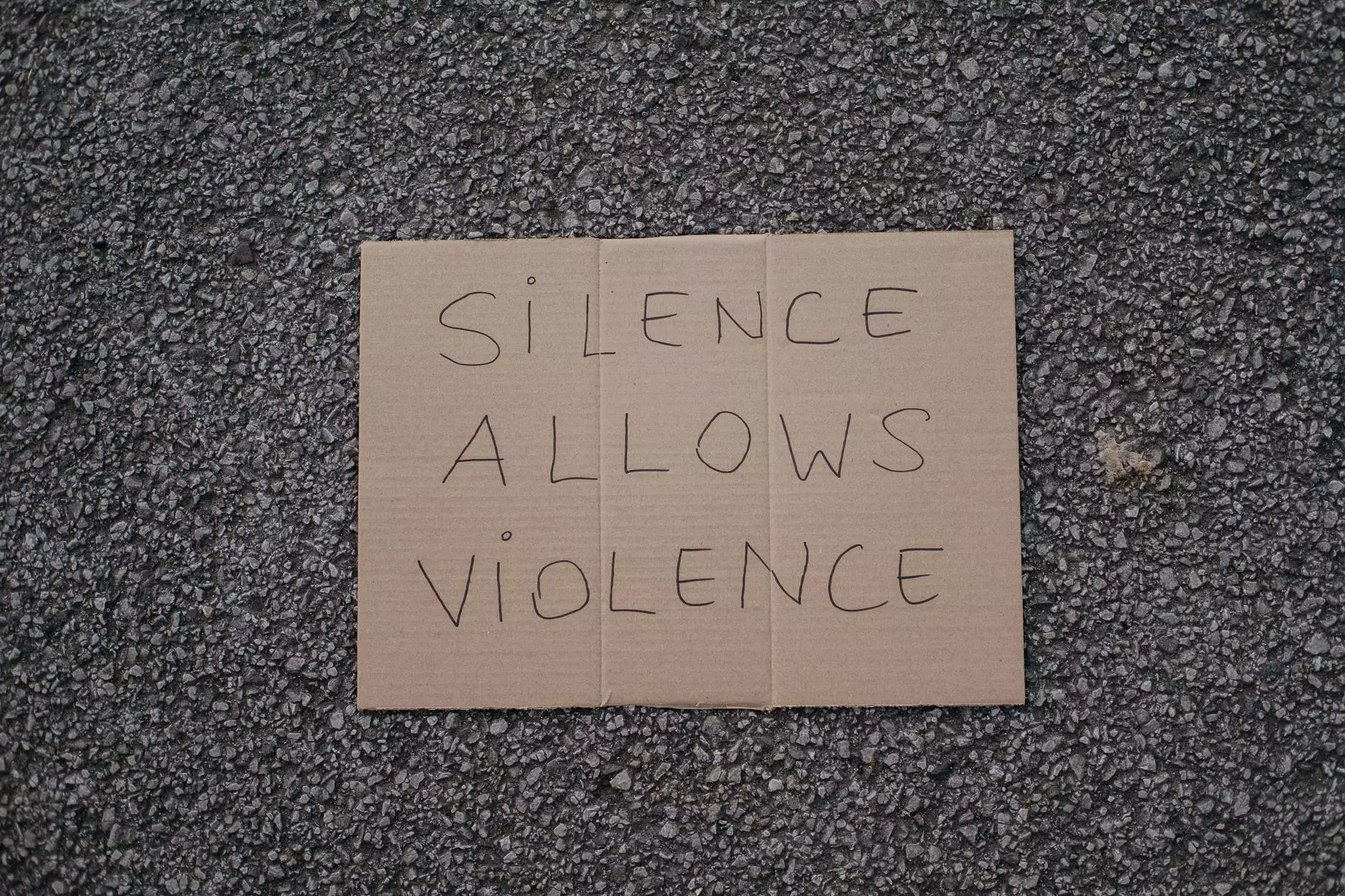Will Spokeo Impact Standing In Data Breach Cases?

Welcome to Richardson Law Firm PC, your trusted source for expert legal advice in the field of data breach cases. In this article, we will explore the potential impact of Spokeo on the standing of individuals affected by data breaches. Our team of highly skilled attorneys are here to provide you with comprehensive insights and legal solutions.
The Importance of Standing in Data Breach Cases
Firstly, let us understand the significance of "standing" in data breach cases. Standing refers to a party's legal right to bring a lawsuit or take part in a legal proceeding. In the context of data breaches, standing determines whether an individual or entity has the grounds to sue the responsible party for damages.
Data breaches can have far-reaching consequences, including unauthorized access to personal information, identity theft, and financial loss. However, not every individual whose data has been compromised automatically has standing to sue. This is where Spokeo comes into play.
What is Spokeo and How Does It Impact Standing in Data Breach Cases?
Spokeo is an online people search platform that collects and aggregates publicly available data from various sources. It allows users to search for information about individuals using their name, email address, phone number, or other identifiers. While Spokeo can provide valuable insights, it has also made an impact on the legal landscape, specifically in terms of standing in data breach cases.
Spokeo has been involved in several legal disputes where the plaintiffs alleged violations of the Fair Credit Reporting Act (FCRA). It raised questions about whether a mere technical violation of a statute, such as the improper dissemination of personal information, is sufficient to establish standing for a lawsuit.
The Supreme Court's ruling in Spokeo, Inc. v. Robins clarified that in order to have standing, an individual must demonstrate more than just a bare procedural violation. The plaintiff must show concrete harm, whether it's actual or imminent, resulting from the violation. This ruling has had implications for data breach cases as well.
The Implications of the Spokeo Ruling in Data Breach Cases
Following the Spokeo ruling, individuals affected by data breaches must now establish that they suffered a concrete harm beyond the mere violation of privacy rights. This can include financial losses, identity theft, reputational damage, or emotional distress. Proving such harm can be challenging, particularly when dealing with large-scale data breaches.
However, it is important to note that the Spokeo ruling does not completely foreclose the possibility of establishing standing in data breach cases. The court acknowledged that intangible and non-economic harms can also be sufficient, as long as they are concrete and particularized to the individual.
Our experienced attorneys at Richardson Law Firm PC understand the complexities surrounding standing in data breach cases. We meticulously analyze the unique circumstances of each case and work to build a strong legal argument to establish standing on behalf of our clients.
Getting Expert Legal Advice
If you have been a victim of a data breach and are unsure about your standing or how Spokeo may impact your ability to pursue legal action, do not hesitate to reach out to Richardson Law Firm PC. Our team of dedicated attorneys specialize in handling data breach cases and are well-versed in the latest legal precedents and rulings.
We offer personalized legal advice to ensure you understand your rights and options. By leveraging our expertise, you can navigate the complex legal landscape with confidence and seek the compensation you deserve.
Contact Richardson Law Firm PC
For a comprehensive analysis of your data breach case and expert legal representation, contact Richardson Law Firm PC today. Our passionate attorneys are committed to providing top-notch legal services in the area of data breach litigation. Don't let a data breach go uncompensated, take action now!
Disclaimer: This article is meant for informational purposes only and does not constitute legal advice. Each case is unique and requires individual analysis. Consult with a qualified attorney before making any legal decisions.









